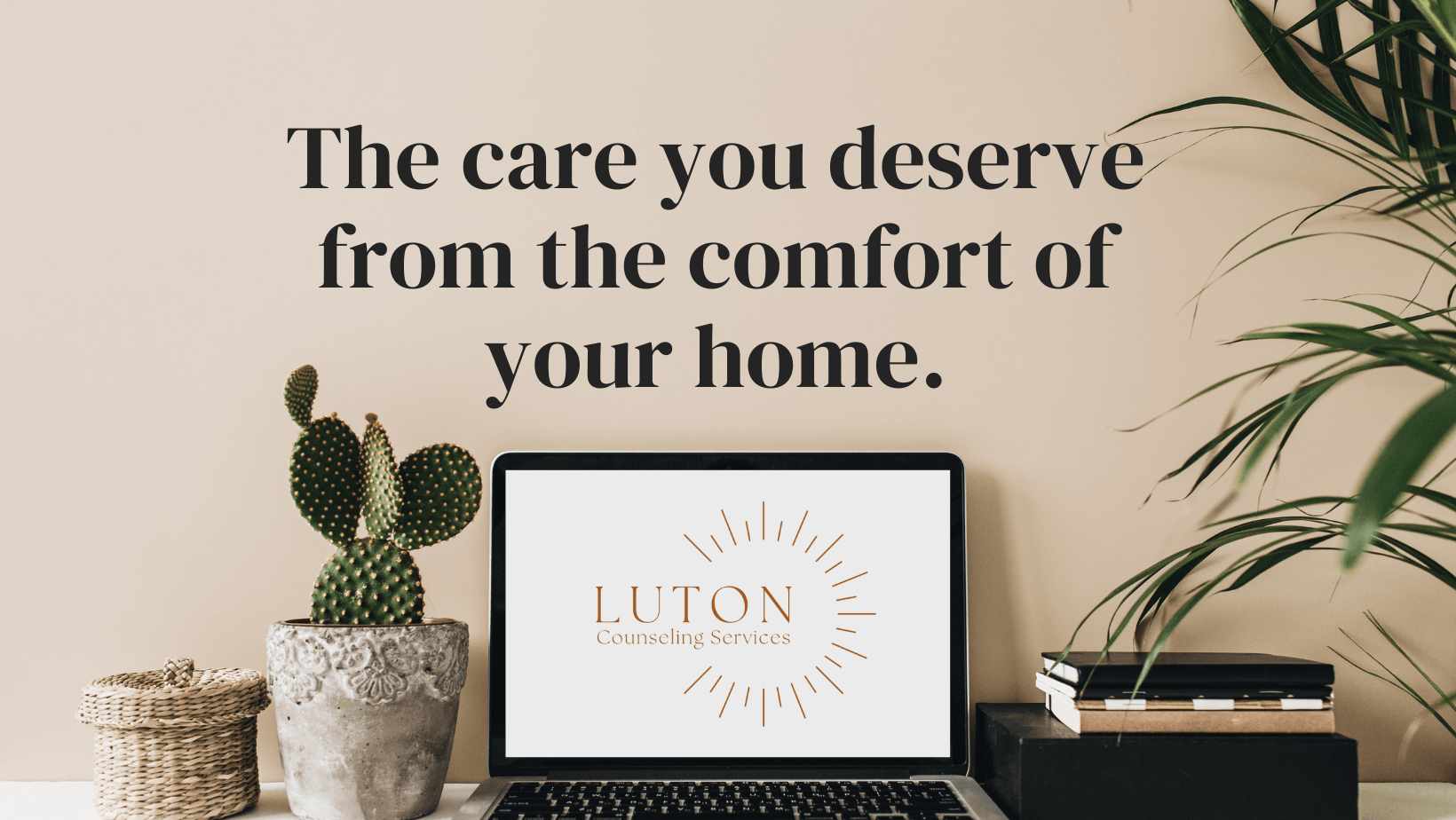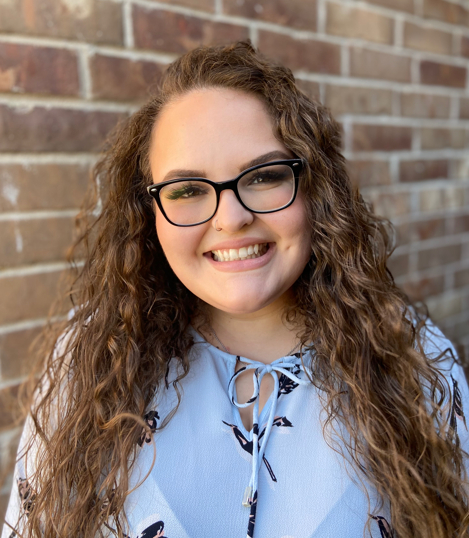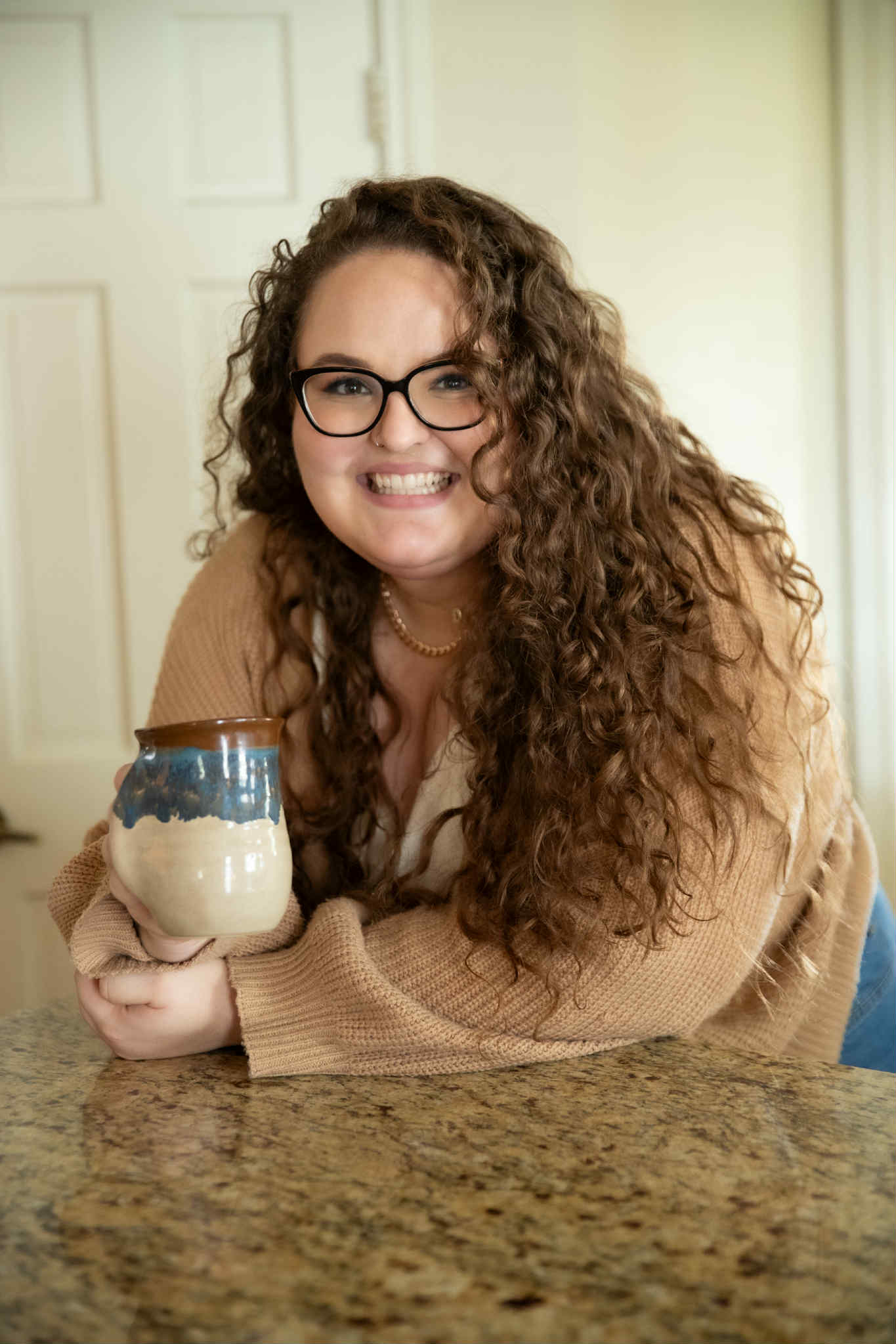We caught up with the brilliant and insightful Kelyn Luton a few weeks ago and have shared our conversation below.
Hi Kelyn, thanks for joining us today. We’d love to hear about the best advice you’ve ever given to a client? (Please note this response is for education/entertainment purposes only and shouldn’t be construed as advice for the reader)
Not long ago, a new client reached out for help. The client shares that they often feel overwhelmed by responsibilities and are quick to react in frustration toward loved ones. They describe feeling behind in life, criticizing themselves harshly, and avoiding social connections out of shame.
There are a few core principles of treatment that I discussed with the client.
1. Regulate before you respond
Instead of reacting immediately in moments of stress, pausing to take a breath or requesting a short break can prevent conflict from escalating.
2. Small, consistent actions matter more than big bursts
Focusing on one small daily action, like setting aside a few minutes to journal, stretch, or unplug from devices, helps create stability without the pressure of major life changes.
3. Self-compassion fuels growth better than self-criticism
Replacing harsh inner dialogue with the kind of encouragement one might offer to a friend or child can build motivation and reduce shame.
4. Awareness creates choice
Learning to notice physical or emotional triggers allows space to choose a different response instead of running on autopilot.
5. Connection is medicine
We’re not meant to do life alone. Reaching out to someone supportive, even briefly, can ease feelings of isolation and remind us that we’re not carrying everything by ourselves.
After practicing these principles, the client noticed they were reacting more calmly, creating small but meaningful routines, treating themselves with more kindness, becoming more aware of triggers, and slowly reconnecting with others.
Their progress came not from “fixing everything at once” but from steady, compassionate steps forward.
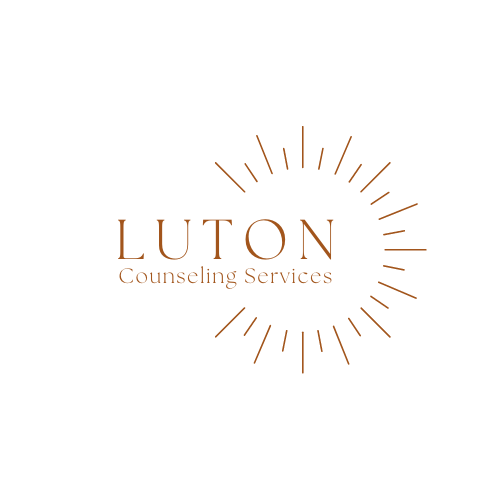
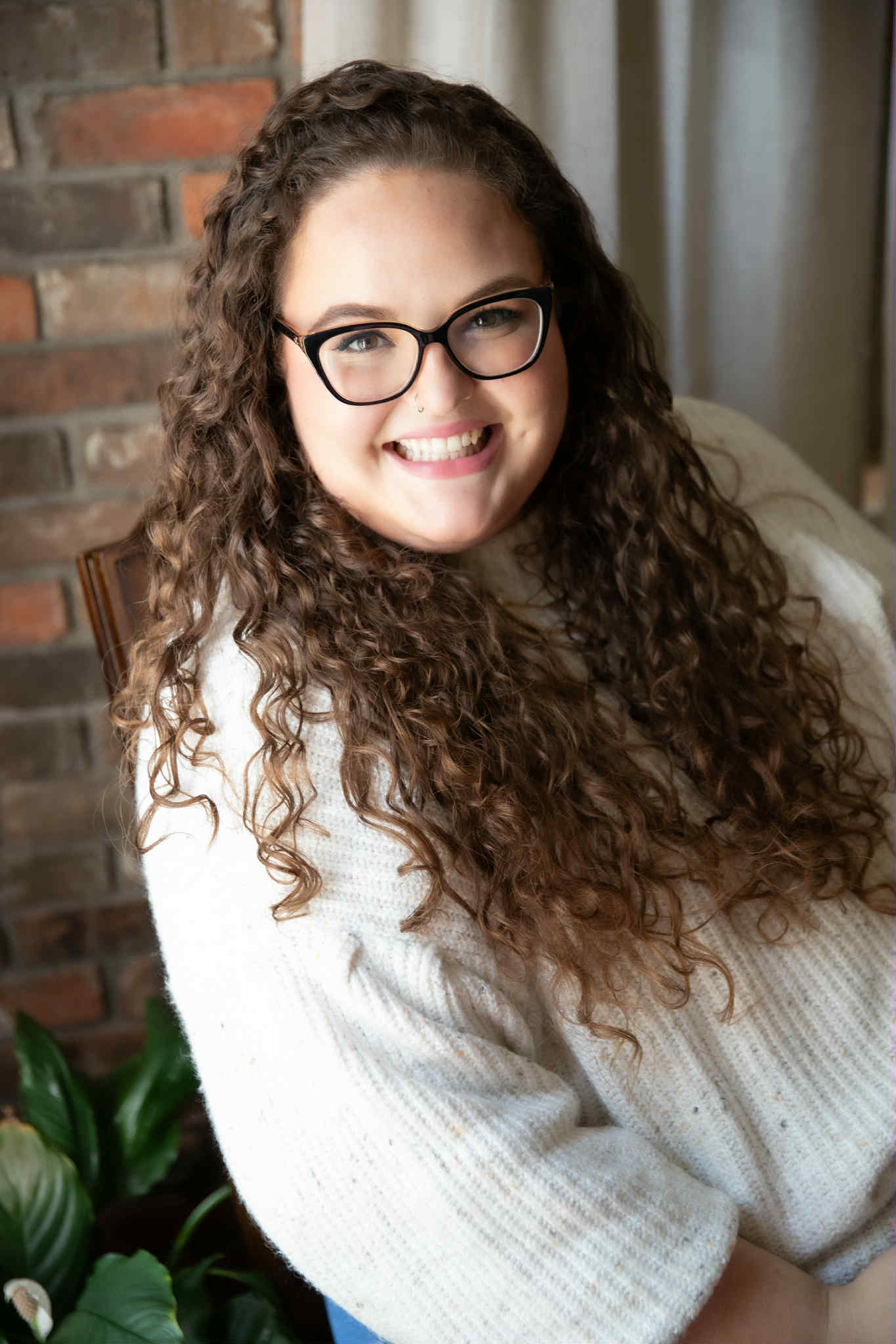
Awesome – so before we get into the rest of our questions, can you briefly introduce yourself to our readers.
Therapy literally changed and likely saved my life when I met my first counselor in college. I was struggling with depression, anxiety, and learning to love myself. Experiencing unconditional acceptance from someone I could trust helped me discover a level of self-acceptance I never thought was possible. That experience inspires the work I do today: creating a safe, supportive space where clients can explore and embrace parts of themselves they may have been afraid to face.
I provide virtual counseling for individuals navigating anxiety, depression, relationship challenges, and life transitions. What sets me apart is my balance of warmth and practicality: I combine deep empathy with actionable tools, often using creative exercises and mindfulness-based practices tailored to each client. My trauma-informed approach ensures every client’s experiences are honored, and my commitment to accessibility allows therapy to fit seamlessly into their lives.
Above all, my goal is simple: to help clients feel heard, supported, and empowered to grow into the fullest version of themselves.
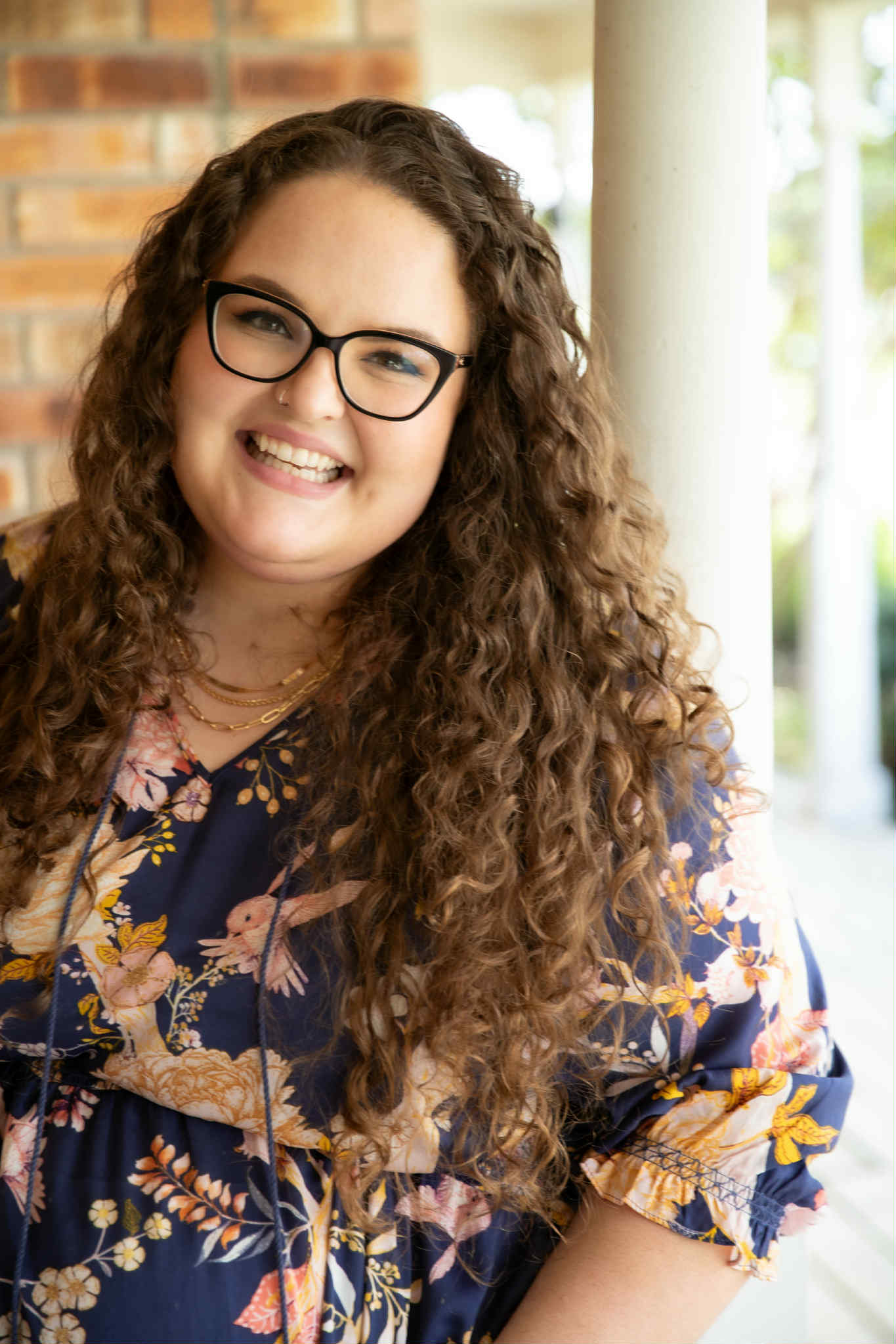
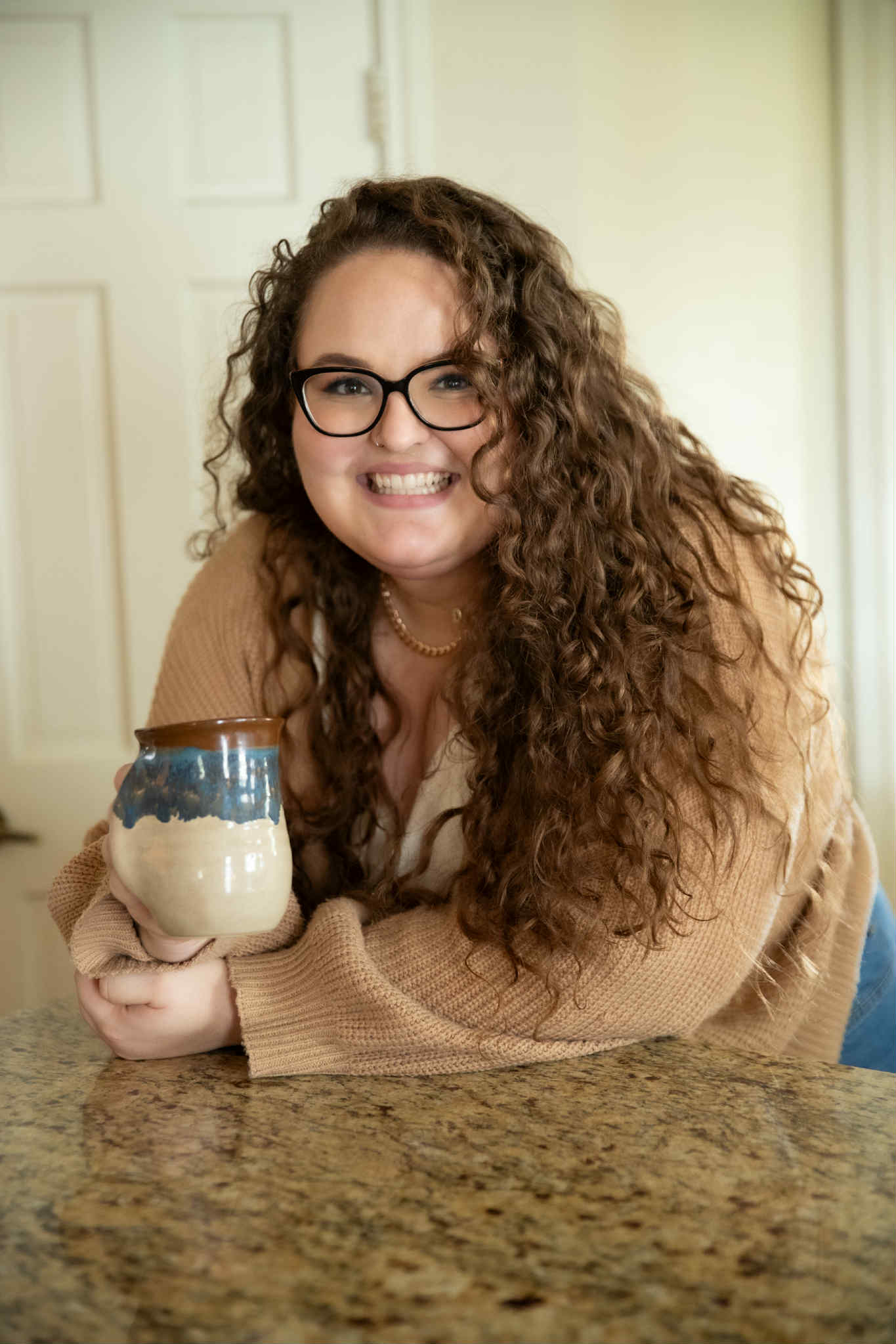
Do you think you’d choose a different profession or specialty if you were starting now?
Yes, absolutely. If I could go back, I would choose the exact same profession and specialty. Being a therapist has been deeply meaningful for me. I love the freedom and balance that come with running my own practice, but even more than that, I love the work itself. I love helping people grow, heal, and reconnect with themselves. It’s incredibly rewarding, and I can’t imagine doing anything else.
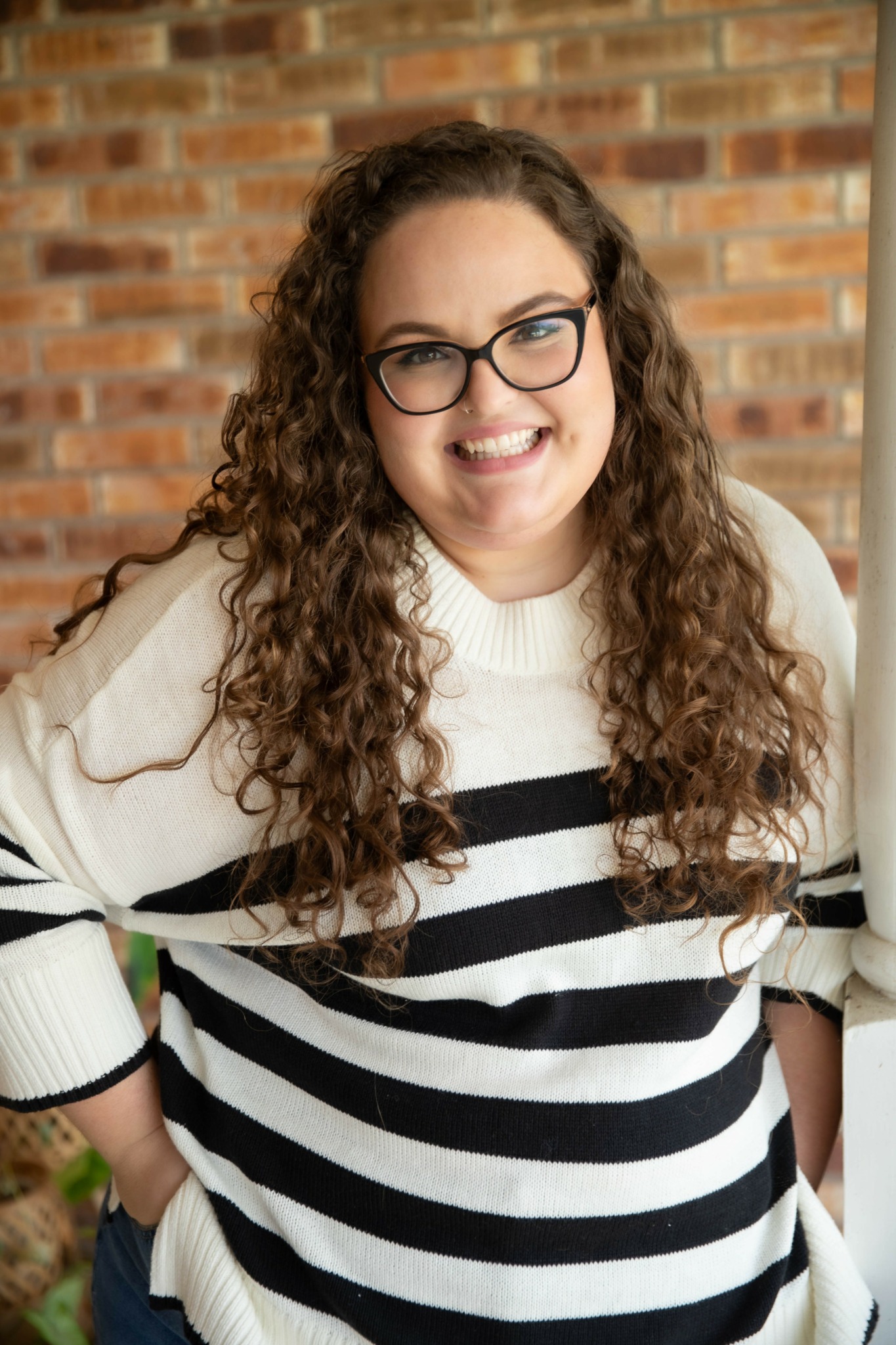

Putting training and knowledge aside, what else do you think really matters in terms of succeeding in your field?
I think the most helpful thing, beyond education and training, is genuine empathy and self-awareness. As a therapist, you can’t pour from an empty cup, so being grounded, setting healthy boundaries, and doing your own inner work really matter. Clients can feel when you’re authentic and present with them, and that’s what builds trust and leads to real progress.
Contact Info:
- Website: https://lutoncounseling.com/
- Facebook: https://www.facebook.com/lutoncounseling
